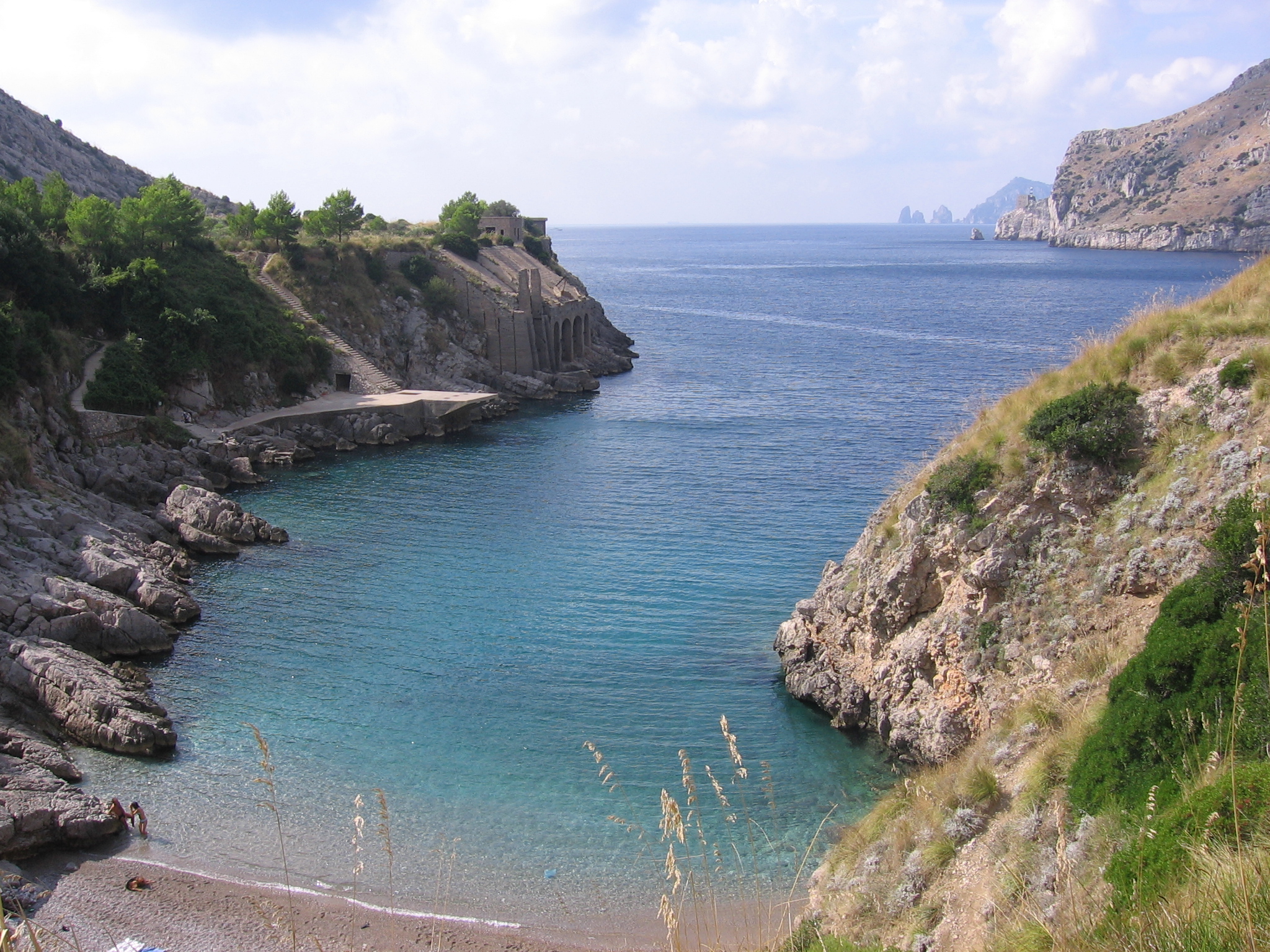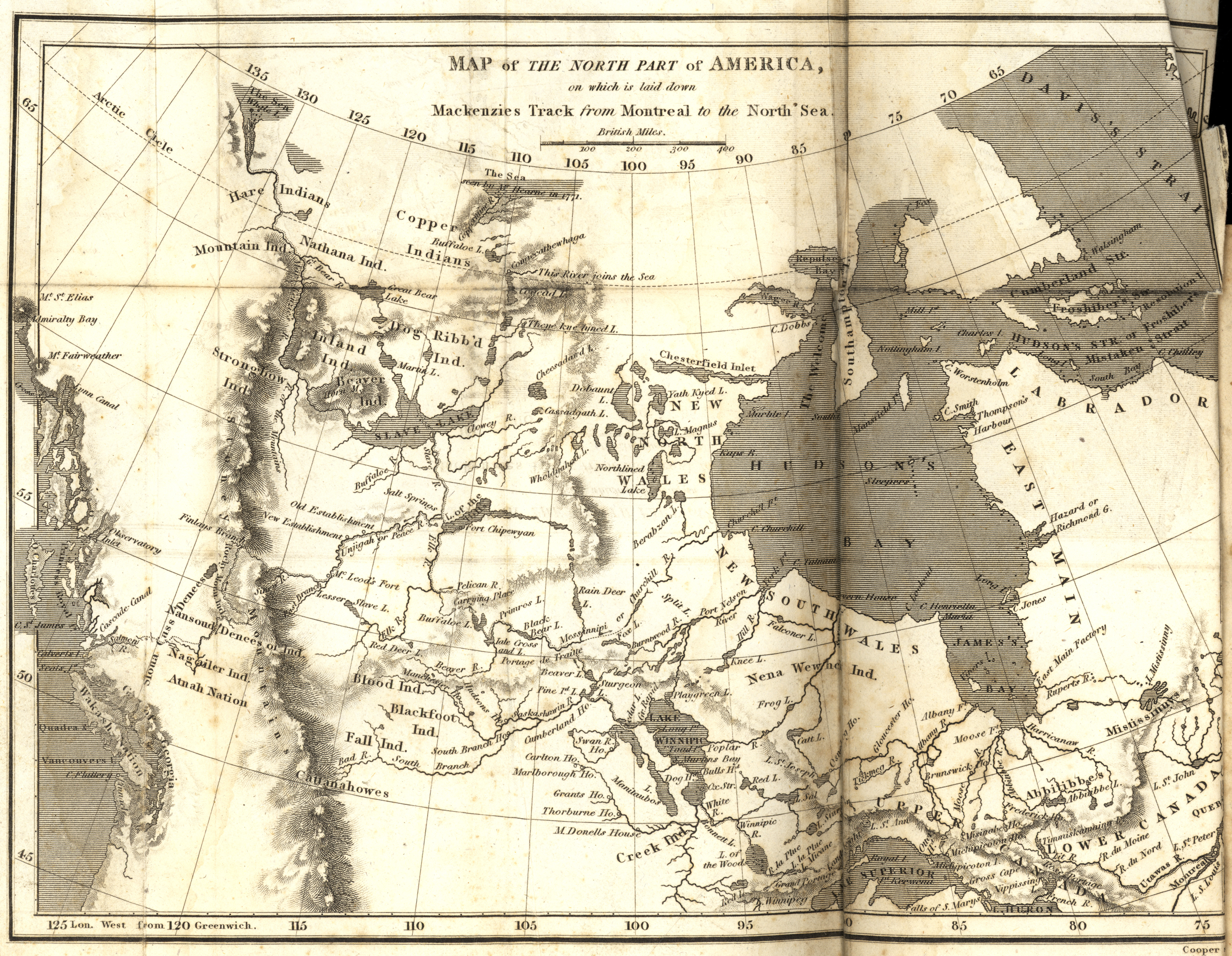|
Mackenzie Bay, Canada
Mackenzie Bay is a natural inlet in northern Canada, named for the explorer Sir Alexander Mackenzie. It is an arm of the Beaufort Sea. To the west is Herschel Island and the Yukon Yukon (; ; formerly called Yukon Territory and also referred to as the Yukon) is the smallest and westernmost of Canada's three territories. It also is the second-least populated province or territory in Canada, with a population of 43,964 as ... mainland. To the east is Richards Island, NW Territories. References Bodies of water of Yukon Inlets of Canada {{NorthwestTerritories-geo-stub ... [...More Info...] [...Related Items...] OR: [Wikipedia] [Google] [Baidu] |
Yukon
Yukon (; ; formerly called Yukon Territory and also referred to as the Yukon) is the smallest and westernmost of Canada's three territories. It also is the second-least populated province or territory in Canada, with a population of 43,964 as of March 2022. Whitehorse, the territorial capital, is the largest settlement in any of the three territories. Yukon was split from the North-West Territories in 1898 as the Yukon Territory. The federal government's ''Yukon Act'', which received royal assent on March 27, 2002, established Yukon as the territory's official name, though ''Yukon Territory'' is also still popular in usage and Canada Post continues to use the territory's internationally approved postal abbreviation of ''YT''. In 2021, territorial government policy was changed so that “''The'' Yukon” would be recommended for use in official territorial government materials. Though officially bilingual (English and French), the Yukon government also recognizes First Na ... [...More Info...] [...Related Items...] OR: [Wikipedia] [Google] [Baidu] |
Northwest Territories
The Northwest Territories (abbreviated ''NT'' or ''NWT''; french: Territoires du Nord-Ouest, formerly ''North-Western Territory'' and ''North-West Territories'' and namely shortened as ''Northwest Territory'') is a federal territory of Canada. At a land area of approximately and a 2016 census population of 41,790, it is the second-largest and the most populous of the three territories in Northern Canada. Its estimated population as of 2022 is 45,605. Yellowknife is the capital, most populous community, and only city in the territory; its population was 19,569 as of the 2016 census. It became the territorial capital in 1967, following recommendations by the Carrothers Commission. The Northwest Territories, a portion of the old North-Western Territory, entered the Canadian Confederation on July 15, 1870. Since then, the territory has been divided four times to create new provinces and territories or enlarge existing ones. Its current borders date from April 1, 1999, when t ... [...More Info...] [...Related Items...] OR: [Wikipedia] [Google] [Baidu] |
Beaufort Sea
The Beaufort Sea (; french: Mer de Beaufort, Iñupiaq: ''Taġiuq'') is a marginal sea of the Arctic Ocean, located north of the Northwest Territories, the Yukon, and Alaska, and west of Canada's Arctic islands. The sea is named after Sir Francis Beaufort, a hydrographer. The Mackenzie River, the longest in Canada, empties into the Canadian part of the Beaufort Sea west of Tuktoyaktuk, which is one of the few permanent settlements on the sea's shores. The sea, characterized by severe climate, is frozen over most of the year. Historically, only a narrow pass up to opened in August–September near its shores, but recently due to climate change in the Arctic the ice-free area in late summer has greatly enlarged. Until recently, the Beaufort Sea was known as an important reservoir for the replenishment of Arctic sea ice. Sea ice would often rotate for several years in the Beaufort Gyre, the dominant ocean current of the Beaufort Sea, growing into sturdy and thick multi-ye ... [...More Info...] [...Related Items...] OR: [Wikipedia] [Google] [Baidu] |
Canada
Canada is a country in North America. Its ten provinces and three territories extend from the Atlantic Ocean to the Pacific Ocean and northward into the Arctic Ocean, covering over , making it the world's second-largest country by total area. Its southern and western border with the United States, stretching , is the world's longest binational land border. Canada's capital is Ottawa, and its three largest metropolitan areas are Toronto, Montreal, and Vancouver. Indigenous peoples have continuously inhabited what is now Canada for thousands of years. Beginning in the 16th century, British and French expeditions explored and later settled along the Atlantic coast. As a consequence of various armed conflicts, France ceded nearly all of its colonies in North America in 1763. In 1867, with the union of three British North American colonies through Confederation, Canada was formed as a federal dominion of four provinces. This began an accretion of provinces and ... [...More Info...] [...Related Items...] OR: [Wikipedia] [Google] [Baidu] |
Inlet
An inlet is a (usually long and narrow) indentation of a shoreline, such as a small arm, bay, sound, fjord, lagoon or marsh, that leads to an enclosed larger body of water such as a lake, estuary, gulf or marginal sea. Overview In marine geography, the term "inlet" usually refers to either the actual channel between an enclosed bay and the open ocean and is often called an "entrance", or a significant recession in the shore of a sea, lake or large river. A certain kind of inlet created by past glaciation is a fjord, typically but not always in mountainous coastlines and also in montane lakes. Multi-arm complexes of large inlets or fjords may be called sounds, e.g., Puget Sound, Howe Sound, Karmsund (''sund'' is Scandinavian for "sound"). Some fjord-type inlets are called canals, e.g., Portland Canal, Lynn Canal, Hood Canal, and some are channels, e.g., Dean Channel and Douglas Channel. Tidal amplitude, wave intensity, and wave direction ... [...More Info...] [...Related Items...] OR: [Wikipedia] [Google] [Baidu] |
Alexander Mackenzie (explorer)
Sir Alexander Mackenzie (or MacKenzie, gd, Alasdair MacCoinnich; – 12 March 1820) was a Scottish explorer known for accomplishing the first crossing of America north of Mexico in 1793. The Mackenzie River is named after him. Early life Mackenzie was born in House in Stornoway in Lewis. He was the third of the four children born to Kenneth 'Corc' Mackenzie (1731–1780) and his wife Isabella MacIver, from another prominent mercantile family in Stornoway. When only 14 years old, Mackenzie's father served as an ensign to protect Stornoway during the Jacobite rising of 1745. He later became a merchant and held the tack of Melbost; his grandfather being a younger brother of Murdoch Mackenzie, 6th Laird of Fairburn. Educated at the same school as Colin Mackenzie, the army officer and first Surveyor General of India, he sailed to New York City with his father to join an uncle, John Mackenzie, in 1774, after his mother died in Scotland. In 1776, during the American War of ... [...More Info...] [...Related Items...] OR: [Wikipedia] [Google] [Baidu] |
Herschel Island
Herschel Island (french: Île d'Herschel; Inuit languages: ''Qikiqtaruk'') is an island in the Beaufort Sea (part of the Arctic Ocean), which lies off the coast of Yukon in Canada, of which it is administratively a part. It is Yukon's only offshore island. History Early history The earliest evidence of human occupation unearthed so far by archaeological investigations is that of the Thule culture, dating to approximately 1000 years ago. These people are the ancestors of the present-day Inuvialuit. The Inuvialuktun word for Herschel Island is "Qikiqtaruk", which simply means "island". The first European to sight the island was explorer Sir John Franklin, who named it on 15 July 1826.Burn, C. R. (2009) "After whom is Herschel Island named"? Arctic 62(3):317–323. It is not clear after whom the island was named. Franklin's journal records states that he wished to honour the name Herschel, of which three persons are notable for their scientific accomplishments: Sir William H ... [...More Info...] [...Related Items...] OR: [Wikipedia] [Google] [Baidu] |
Richards Island
Richards Island is one of the Canadian arctic islands within the Northwest Territories, Canada. The island has an area of , being long and wide. Its eastern limit is marked by the main channel of the Mackenzie River, while its western limit is defined by the narrower Reindeer Channel. Richards Island was named by John Richardson in 1826 after the Governor of the Bank of England, John Baker Richards. The island, while desolate, is home to some major oil and gas sites. The nearest permanent settlement is Tuktoyaktuk Tuktoyaktuk , or ''Tuktuyaaqtuuq'' (Inuvialuktun: ''it looks like a caribou''), is an Inuvialuit hamlet located in the Inuvik Region of the Northwest Territories, Canada, at the northern terminus of the Inuvik–Tuktoyaktuk Highway.Montgomer ..., which lies to the east on the mainland. References Uninhabited islands of the Northwest Territories {{NorthwestTerritories-geo-stub ... [...More Info...] [...Related Items...] OR: [Wikipedia] [Google] [Baidu] |
NW Territories
The Northwest Territories (abbreviated ''NT'' or ''NWT''; french: Territoires du Nord-Ouest, formerly ''North-Western Territory'' and ''North-West Territories'' and namely shortened as ''Northwest Territory'') is a federal territory of Canada. At a land area of approximately and a 2016 census population of 41,790, it is the second-largest and the most populous of the three territories in Northern Canada. Its estimated population as of 2022 is 45,605. Yellowknife is the capital, most populous community, and only city in the territory; its population was 19,569 as of the 2016 census. It became the territorial capital in 1967, following recommendations by the Carrothers Commission. The Northwest Territories, a portion of the old North-Western Territory, entered the Canadian Confederation on July 15, 1870. Since then, the territory has been divided four times to create new provinces and territories or enlarge existing ones. Its current borders date from April 1, 1999, when the t ... [...More Info...] [...Related Items...] OR: [Wikipedia] [Google] [Baidu] |
Bodies Of Water Of Yukon
Bodies may refer to: * The plural of body * ''Bodies'' (2004 TV series), BBC television programme * Bodies (upcoming TV series), an upcoming British crime thriller limited series * "Bodies" (''Law & Order''), 2003 episode of ''Law & Order'' * Bodies: The Exhibition, exhibit showcasing dissected human bodies in cities across the globe * ''Bodies'' (novel), 2002 novel by Jed Mercurio * ''Bodies'', 1977 play by James Saunders (playwright) * ''Bodies'', 2009 book by British psychoanalyst Susie Orbach Music * ''Bodies'' (album), a 2021 album by AFI * ''Bodies'' (EP), a 2014 EP by Celia Pavey * "Bodies" (Drowning Pool song), 2001 hard rock song by Drowning Pool * "Bodies" (Sex Pistols song), 1977 punk rock song by the Sex Pistols * "Bodies" (Little Birdy song), 2007 indie rock song by Little Birdy * "Bodies" (Robbie Williams song), 2009 pop song by Robbie Williams * "Bodies", a song by Megadeth from ''Endgame'' * "Bodies", a song by The Smashing Pumpkins from ''Mellon Collie an ... [...More Info...] [...Related Items...] OR: [Wikipedia] [Google] [Baidu] |



